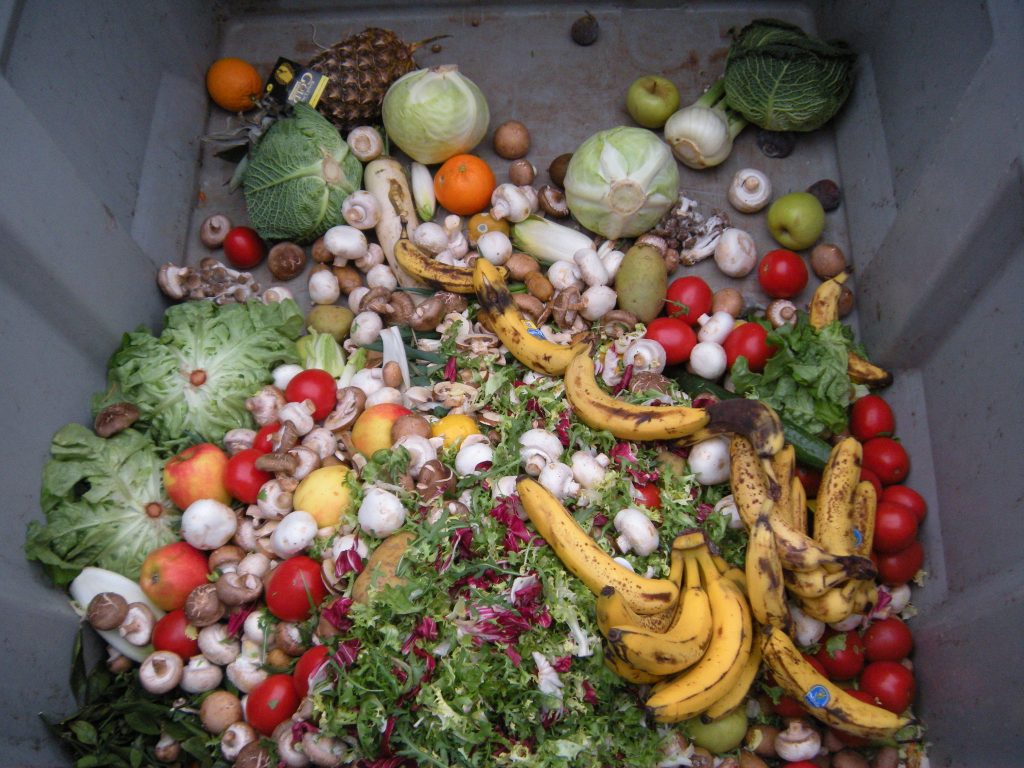No-Food-Waste Movement
How the No Food Waste Movement Empowers Us, One Bite at a Time
Introduction to a Delicious Journey
As someone striving to live a life guided by environmental consciousness and waste minimization, I was thrilled to discover the food waste movement. This innovative initiative aligns perfectly with my values, offering a practical solution to the global food waste problem.
The staggering amount of food wasted globally each year is a crisis on multiple fronts. It represents a colossal waste of resources, including water, land, and energy, all while millions of people worldwide struggle with hunger. This disheartening reality demands immediate and collective action. The no food waste movement emerges as a beacon of hope, offering tangible solutions to this complex problem.
By empowering individuals, communities, and businesses to reduce their food waste, this movement fosters a sense of responsibility and agency. It encourages mindful consumption, creative cooking, and innovative approaches to food storage and preservation. Moreover, it highlights the interconnectedness of food waste with other environmental challenges, such as climate change and deforestation, inspiring a broader commitment to sustainability.
The Alarming Problem of Food Waste


Food waste is a pressing global issue with severe environmental and social consequences. According to the United Nations Food and Agriculture Organization (FAO), approximately one-third of the food produced globally is wasted. This translates to an estimated 1.3 billion tons of food annually, enough to feed more than 2 billion people. The environmental impact is equally staggering. Wasted food rots in landfills, generating methane, a potent greenhouse gas that significantly contributes to climate change.
A Beneficial Solution for All
The food waste movement tackles this problem head-on through easy-to-use platforms. Businesses nearing the end of their day can list their surplus food at a discounted price. This can include everything from fresh produce and bakery items to prepared meals nearing their expiration date. Consumers can then explore these “surprise bags” of food offered by nearby cafes, restaurants, bakeries, and supermarkets and purchase them at a fraction of the original cost.


This ingenious concept creates a win-win situation for everyone involved. Businesses effectively reduce their food waste, minimizing their environmental footprint and potentially generating additional revenue. Consumers gain access to a variety of quality foods at a significant discount, often discovering hidden gems from local establishments they might not have otherwise explored.
My Personal Journey with the Movement
My experiences with these initiatives have been consistently positive and rewarding. The excitement of the unknown adds a touch of fun to grocery shopping. Each purchase is an adventure, with the potential to discover new delicious foods and hidden gems in my neighborhood.
Recently, I grabbed a “surprise bag” from a local bakery in Manacor for just 5 euros. To my delight, the bag contained an assortment of fresh pastries, bread, and cookies, much more than I could consume in a single day. I shared some with my neighbors and enjoyed the rest throughout the week, savoring the delicious treats while reducing what would otherwise have been wasted food.
Fostering a Community of Conscious Consumers


This initiative fosters a sense of community and shared responsibility for a more sustainable future. By connecting businesses with consumers who prioritize reducing food waste, it creates a collaborative network that benefits both the environment and our wallets. The user-friendly interfaces allow consumers to easily track their impact, showing the number of meals saved from waste. This gamified aspect adds a layer of satisfaction, making conscious consumption a fun and interactive experience.
The Economic and Environmental Impact
The economic impact of food waste is equally concerning. A study by the Boston Consulting Group estimates that food waste costs the global economy a staggering $1 trillion annually. It is estimated that 1.3 billion metric tons of food are lost or wasted annually, translating to a financial loss of $1 trillion (USD) per year. And without significant changes, this problem is expected to grow to 2.1 billion metric tons and $1.5 trillion by 2030. This includes not only the financial losses incurred by businesses due to spoilage but also the hidden costs associated with water usage, transportation, and land use for producing food that ultimately goes to waste.
By providing a platform to reduce food waste, these initiatives enable businesses to recoup potential losses and optimize their operations. Additionally, they help conserve precious resources and reduce greenhouse gas emissions associated with food production and decomposition.
Beyond the App: Embracing Conscious Consumption
The influence of this movement extends beyond specific apps. By raising awareness about the issue of food waste, it inspires consumers to adopt conscious consumption practices in their daily lives. This could involve planning meals more effectively to reduce household food waste, storing food properly, and understanding the difference between “use by” and “best before” labels.
Personally, participating in this movement has made me a more conscious shopper. I am more mindful of portion sizes when grocery shopping and prioritize buying seasonal produce. It’s a small but significant change that contributes to a broader movement towards a more sustainable food system.
Conclusion: A Collective Effort for a Sustainable Future


The food waste movement is a beacon of hope in the fight against this global issue. Its innovative approach not only addresses a significant environmental challenge but also empowers consumers to make informed decisions that contribute to a more sustainable future. For those who share my passion for eco-conscious living, I highly recommend exploring these initiatives. It’s a fantastic way to save money, discover delicious food, and become an active participant in creating a world with less waste.
A Call to Action and Personal Reflection
However, this movement is just one piece of the puzzle. To truly combat food waste, we need a collective effort. Businesses have the responsibility to implement sustainable practices throughout their supply chains, such as optimizing inventory management and exploring opportunities to donate surplus food to charities. Governments can play a crucial role by enacting policies that incentivize food waste reduction, such as composting initiatives and tax benefits for businesses that donate surplus food. As consumers, we can make a difference by adopting conscious consumption habits.
Personally, this movement has instilled in me a sense of empowerment and optimism. It is a constant reminder that even small changes in our daily lives can create a positive ripple effect. By joining this movement, I am not only saving food from waste; I am contributing to a broader movement for a healthier planet and a more sustainable future. What are you waiting for? Join today and embark on your own delicious journey towards a world with less waste!






